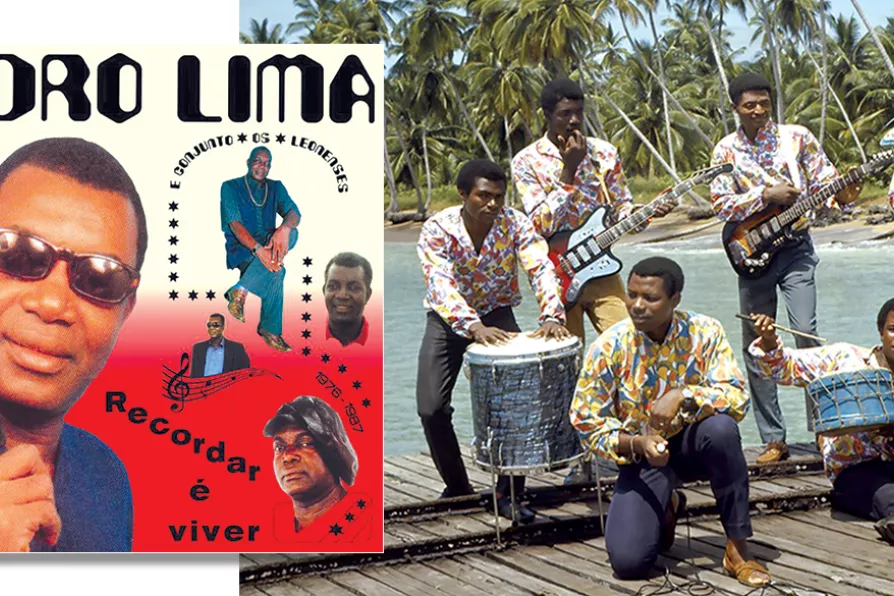DENNIS BROE searches the literary canon to explore why a duplicitous, lying, cheating, conning US businessman is accepted as Scammer-in-Chief
Global Routes with Tony Burke: November 14, 2022
Pedro Lima: the revolutionary voice of 1970-80s São Tomé and Príncipe

 Pedro Loma and Os Leonenses
[Bongo Joe]
Pedro Loma and Os Leonenses
[Bongo Joe]
BORN in 1944, Pedro Lima’s musical career began as teenager with his family band Os Leonenses. Lima was one of the very few singers and bands from Sao Tome & Principe who recorded in Luanda, Angola for the N’Gola and Merengue labels in the 1970s and in Lisbon, Portugal for IEFE Records in the 1980s.
“His music is wonderfully rich and delicate, though quite minimalistic in arrangements, revealing the subtle melodies of the islands’ harmonic and backing vocals traditions.”
Similar stories

New releases from Madalitso Band, Gabriel da Rosa, and Femi Kuti

A New Awakening: Adventures In British Jazz 1966 - 1971, G3, and Buck Owens

New releases from Nazar, Peter Gregson and Mesias Maiguashca

New releases by Samba Touré, Santrofi, and Piers Faccini & Ballake Sissoko










